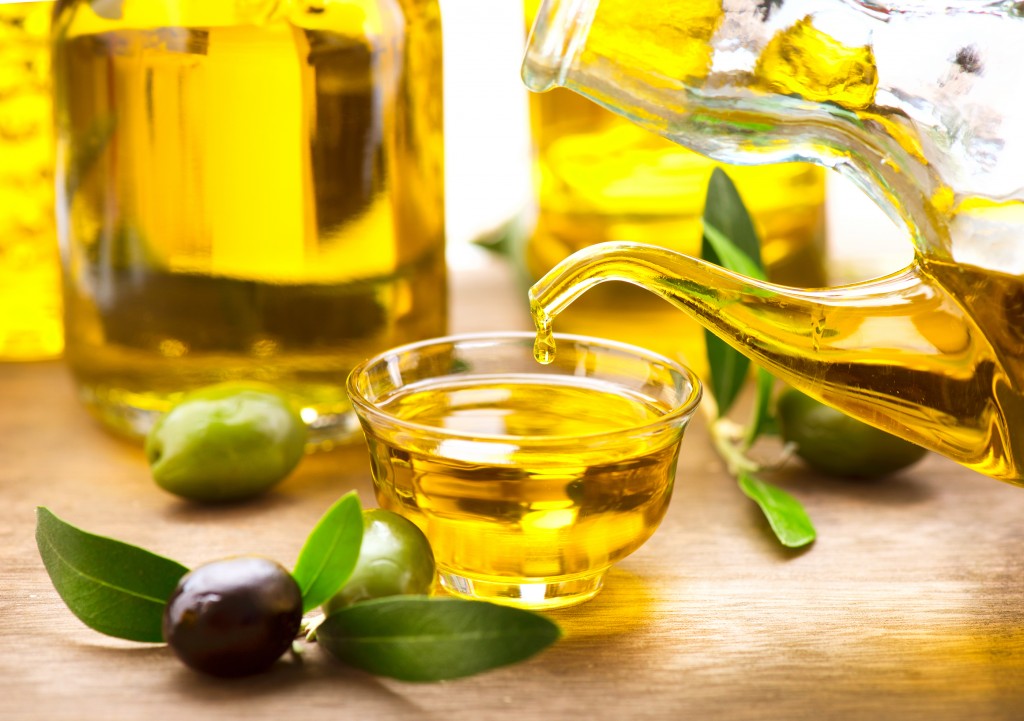- Make It Yourself Lavender Heart-Shaped Bath Bombs!
- 20 Things You Never Knew About “Down There”
- 12 Best Foods For Those Suffering From Arthritis Pain
- 12 Personal Hygiene Mistakes Almost Everyone Makes (Mom Never Told You About #4!)
- 15 Medicinal Plants And Herbs From The Cherokee People
- 12 Mind-Blowing Benefits Of Drinking Coconut Water During Pregnancy
- 12 Outstanding Winter Foods That Won’t Fatten You Up Like A Christmas Turkey
5 Foods For Solving High Blood Pressure

Photo credit: bigstock.com
4. Olive oil
There’s a reason people of the Mediterranean region have some of the lowest levels of cardiovascular disease in the world. Olive oil contains phenols and super-healthy monounsaturated fats that can significantly improve health. One study showed that consuming olive oil reduced all risks of cardiovascular disease by 30 percent. It also stands head and shoulders above most other oils used in cooking, like canola oil and sunflower oil. A study comparing the effectiveness of olive oil versus sunflower oil in treating hypertension found that the group consuming olive oil experienced a reduction in blood pressure of 48 percent against the other group! While this was a small study, the results are very promising.
When choosing an olive oil, be sure to opt for extra virgin olive oil if it is available. This oil comes from the first press of the olives, and offers higher quantities of the beneficial phenolic compounds which help lower blood pressure.
5. Leafy green vegetables
Leafy green vegetables (otherwise known as cruciferous) are highly beneficial to anyone currently living with high blood pressure or at risk of developing hypertension. All leafy greens are healthy, but one example that stands out is kale, which is rich in vitamins and minerals such as potassium. This has been shown to help lower blood pressure. Potassium helps your kidneys to flush sodium out of your body. This can be beneficial for people at risk of hypertension because high sodium intake has been linked to higher blood pressure levels. Potassium also enhances the effects of magnesium, another mineral which helps fight high blood pressure.
READ ALSO: Natural Treatment For High Blood Pressure Video
High blood pressure is nothing to fool around with. If you are at risk of developing hypertension, or already have it, incorporate these foods into your diet to improve your odds of enjoying a longer and healthier life.
References:
































